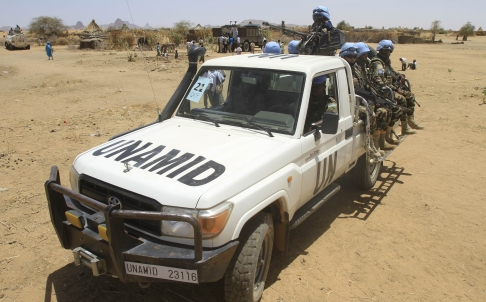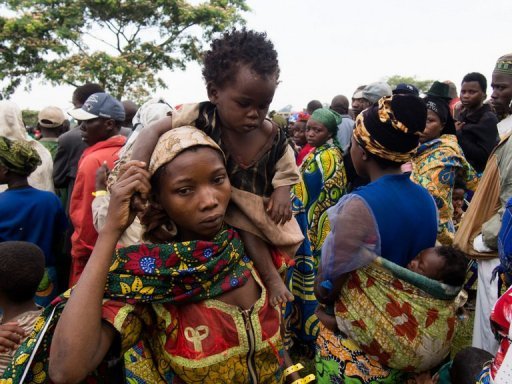By Erica Smith
Impunity Watch Reporter, Africa
JUBA, South Sudan — Fresh clashes have erupted between rival tribes in South Sudan’s Jonglei state, South Sudanese officials said Thursday. Officials did not give information on the number of causalities. South Sudan army spokesman Col. Philip Aguer reported that the violence has erupted between the rival Lou Nuer and Murle tribes in Pibor county which is also hosting a military assault against a rebel group led by renegade colonel David Yau Yau.

Col. Aguer said that the South Sudan army had not been given orders to intervene in the clashes because they are communal difficulties that should be handle by civilian authorities, such as the police. “If there are two communities fighting how do you separate them with firearms?” Aguer asked. “Since these are civilians fighting civilians we think it is the (civilian) authority that should come up with a decision.”
The United States Embassy in Juba was quick to condemned this line of reasoning and issued a statement calling on government and army leaders to urge armed youth to lay down their weapons. “We are deeply disappointed the SPLA did not establish a posture appropriate to defend civilians in vulnerable areas, despite advance warning of the mobilization of armed youth which has led to the current violence,” the statement said. “The lack of action to protect civilians constitutes an egregious abdication of responsibility by the SPLA and the civilian government.”
The United States Department of State further called on South Sudan to “…meet its obligation to ensure the safety and security of all civilians, and to protect and respect their universal human rights regardless of their background or ethnicity. The Government also has an obligation to hold accountable those individuals responsible for the violence and who have committed human rights abuses – including members of the security forces – through transparent judicial processes that respect the rule of law. We continue to encourage the parties to the conflict to implement the resolutions agreed at the All Jonglei Peace Conference, and to work toward peace, reconciliation, and tolerance.”
The United Nations Mission in South Sudan (UNMISS) also expressed deep concern about the reports of ethnic violence. “The mission calls on the leaders of all Jonglei communities and their youth, as well as on national and state authorities, to exercise maximum restraint and urgently engage in reconciliation efforts.” UNMIISS is trying to verify reports of violence and asses population movements through the use of aerial reconnaissance flights but their effectiveness is hampered by inadequate air assets.
South Sudan celebrated its second independence anniversary last Tuesday.
For further information, please see:
All Africa — South Sudan: Amid Reports of Fresh Clashes in Jonglei State, UN Mission Urges Restraint — 12 July 2013
Reuters — U.S. expresses ‘deep concern’ about South Sudan violence — 12 July 2013
Sudan Tribune — US condemns violent attacks in South Sudan’s Jonglei state — 12 July 2013
US Department of State — On-Going Violence in Jonglei State, South Sudan — 12 July 2013
Fox News — Fresh round of ethnic clashes erupt on South Sudan’s Jonglei state, death toll not known — 11 July 2013
Washington Post —Fresh round of ethnic clashes erupt in South Sudan’s Jonglei state, death toll not known — 11 July 2013



